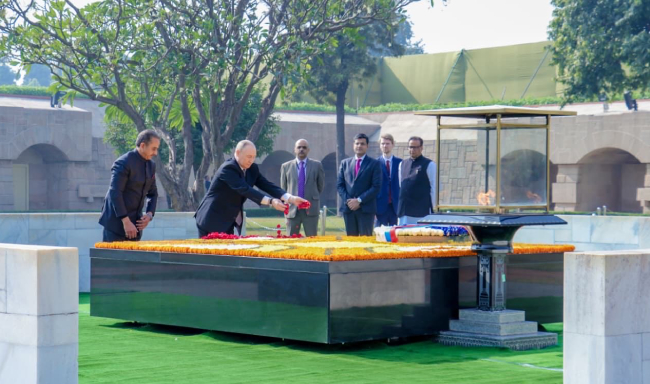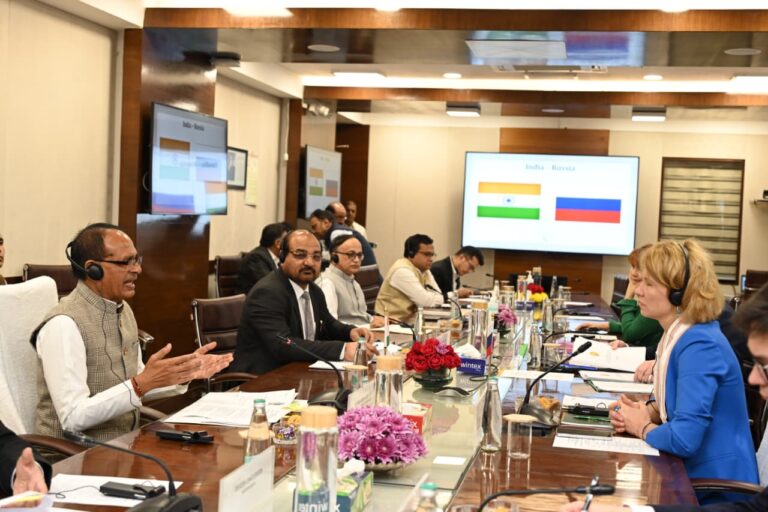
Lens with a heart
 –By Sudharak Olwe*
–By Sudharak Olwe*
Malin basti of manual scavengers

Malin basti, quite literally named by locals as ‘a settlement of manual scavengers’ for the Dom community near Taarbangla High school, away from the main town in Dehri on Sone in Rohtas District. About 40 men and women manual scavengers were asked to leave their jobs and look for alternatives about a year ago with an assurance of the one-time assistance of Rs 40,000 under the law: Prohibition of Employment of Manual Scavengers and Rehabilitation Act, 2013.

However, nothing materialised in their favour. Neither did they get any money, nor were they given any alternate job. This led them back to their old job of cleaning roads and alleys, albeit privately.

The air in their makeshift huts looms with desperation as people in tattered clothes gather around with hopeful eyes.
Also read: Photo Essay: Including the Excluded – Part 5

As they have no identification proof issued by the government, they are also unable to avail ration facilities under government schemes. While the men head out and clean septic tanks for a living, women go to the bazaars and small dhabas where they get cleaning work for Rs 100-200 a day. According to Preeti Devi, 25, “When we go to open a bank account, the bank officials refuse us saying that we don’t have documents. They tell us that we don’t need it since we don’t have any money and shoo us away. What should we do now?” This reinstates how the community is not only socially and geographically but also financially excluded everywhere. The Act, which speaks of eradication and rehabilitation, needs stronger implementation and urgent measures to rescue communities like Dom and Valmiki from their distress.
*Sudharak Olwe is an Indian Social Documentary Photographer. In 2016, he was conferred the Padma Shri, India’s 4th Highest Civilian Award by the President of India, in recognition of his valuable and tireless work.





